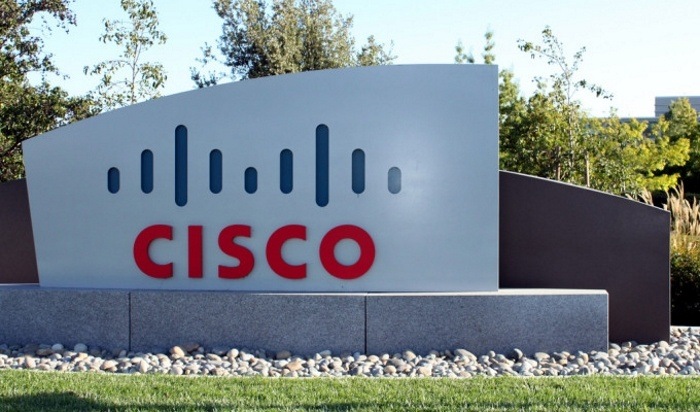Security News

Gigamon announced the integration of Gigamon ThreatINSIGHT and Cisco SecureX to optimize network security through accelerated threat detection and response. Simplified network security - incident responders will have the data they need to effectively manage threats within one unified interface with seamless integration, thus eliminating the challenges of hopping between multiple piecemeal security solutions.

The carrier conducted trials ahead of 5G launches and says it is one of the first to pilot QKD in the US. Verizon on Thursday made two announcements related to security. The first involves a series of successful trials to future proof its 5G network against security threats and to implement advanced security measures to protect the confidentiality, integrity, and availability of Verizon's 5G network, the company said.

Cisco is warning that a high-severity flaw in its network security software is being actively exploited - allowing remote, unauthenticated attackers to access sensitive data. "The Cisco Product Security Incident Response Team is aware of the existence of public exploit code and active exploitation of the vulnerability that is described in this advisory," according to Cisco.

A high-severity vulnerability in Cisco's network security software could lay bare sensitive data - such as WebVPN configurations and web cookies - to remote, unauthenticated attackers. The flaw exists in the web services interface of Cisco's Firepower Threat Defense software, which is part of its suite of network security and traffic management products; and its Adaptive Security Appliance software, the operating system for its family of ASA corporate network security devices.

As cyberattacks escalate, Infoblox and Forrester Consulting investigated how security and risk teams are using their DNS investments. 94% of S&R leaders either use or consider DNS as a starting point for threat investigations but only 43% of security and risk leaders rely on DNS as a data source to complete their investigations.

With anyone who can work from home actually doing so during the pandemic, networking - and therefore network security - has become more business-critical than it was before. When Freeform Dynamics surveyed Register readers for their experiences with network security, it was frustrating to see so many say that the one sure way to persuade management to take it seriously was to suffer a major computer security breach.

CBTS has announced the integration of cloud-delivered threat prevention into its CBTS Network Security as a Service. The CBTS partnership with Check Point Software Technologies, Ltd. enables CBTS to unify Check Point's industry-leading CloudGuard cloud-native security with highly customized CBTS SD-WAN solutions supporting the rapid shift to distributed application architecture and flexible work from anywhere policies.

How organizations can realize the benefits of intent-based networking across their hybrid networks.

VMware on Thursday announced that it's acquiring network security company Lastline for its research team and threat detection technology. The firm also noted that its team includes 15 PhDs. While VMware has praised Lastline employees, TechCrunch has learned that the virtualization giant actually plans on laying off roughly 50 people from Lastline following the acquisition - this represents 40% of the company's staff.

Here's how employees in the US, UK, France and Germany are putting systems at risk, according to CyberArk. As companies have responded to the coronavirus pandemic by shifting employees from the physical workspace to the home office, the remote working environment has greatly expanded-and with this new normal, come some challenges to corporate security. "The security posture of organizations continues to be tested as many remote employees face daunting challenges balancing productivity and security across their professional and personal workspaces," said Marianne Budnik, CMO of CyberArk, in the press release.